Biophytis obtains FDA Authorization to initiate the SARA-31 phase 3 study in sarcopenia
Biophytis announced that it has received FDA (Food and Drug Administration) authorization to launch its SARA-31 study in the US, the first ever phase 3 study in sarcopenia.
This authorization complements the positive opinion obtained this summer from the Belgian authorities to conduct the SARA-31 phase 3 study. The company still needs to obtain authorizations from ethics committees in the countries before launching this study.
The effective start of the study is scheduled for 2024, and will depend on the conclusion of partnership agreements and the Company’s financial resources.
Stanislas Veillet, Chief Executive Officer of Biophytis, commented: “FDA approval suggests authorities may be increasingly aware of the growing need for effective therapeutics against a major disease in an aging society. We can count on the growing interest of the medical community in Europe and the United States to conduct our clinical study and provide a therapeutic response with Sarconeos (BIO101) in the coming years in the treatment of sarcopenia that currently lacks effective pharmaceutical treatment and which is on the rise due to the aging of the population”.
About SARA-31
The aim of phase 3 is to evaluate the efficacy and safety of Sarconeos (BIO101) in the treatment of sarcopenic patients at risk of motor disability. Around 900 patients aged over 65 will be included with sarcopenia (Short Physical Performance Battery (SPPB) score between 3 and 7), with low walking speed (4-meter walking speed ≤ 0.8 m/s) and low hand grip strength (HGS < 20kg for women and < 35.5 kg for men). They will be treated for a minimum of 12 months and a maximum of 36 months, receiving either placebo or 350 mg of Sarconeos (BIO101) twice daily. The primary efficacy parameter will be the time to onset of Major Mobility Disability (MMD), measured by the inability to walk 400m in less than 15 minutes without sitting, help from another person or use of a walker. This main measure will be supplemented by the following secondary effectiveness measures: walking speed (4-m walking speed from the SPPB test), hand grip strength and patient-reported quality of life (Patient Reported Outcome SarQol, a questionnaire specifically developed for sarcopenia).
Roger A. Fielding, PhD, sarcopenia expert and laboratory director at Tufts University, Boston, will be the principal investigator of the SARA-31 study. He is continuing his contribution to the Sarconeos (BIO101) clinical development program in this indication.

